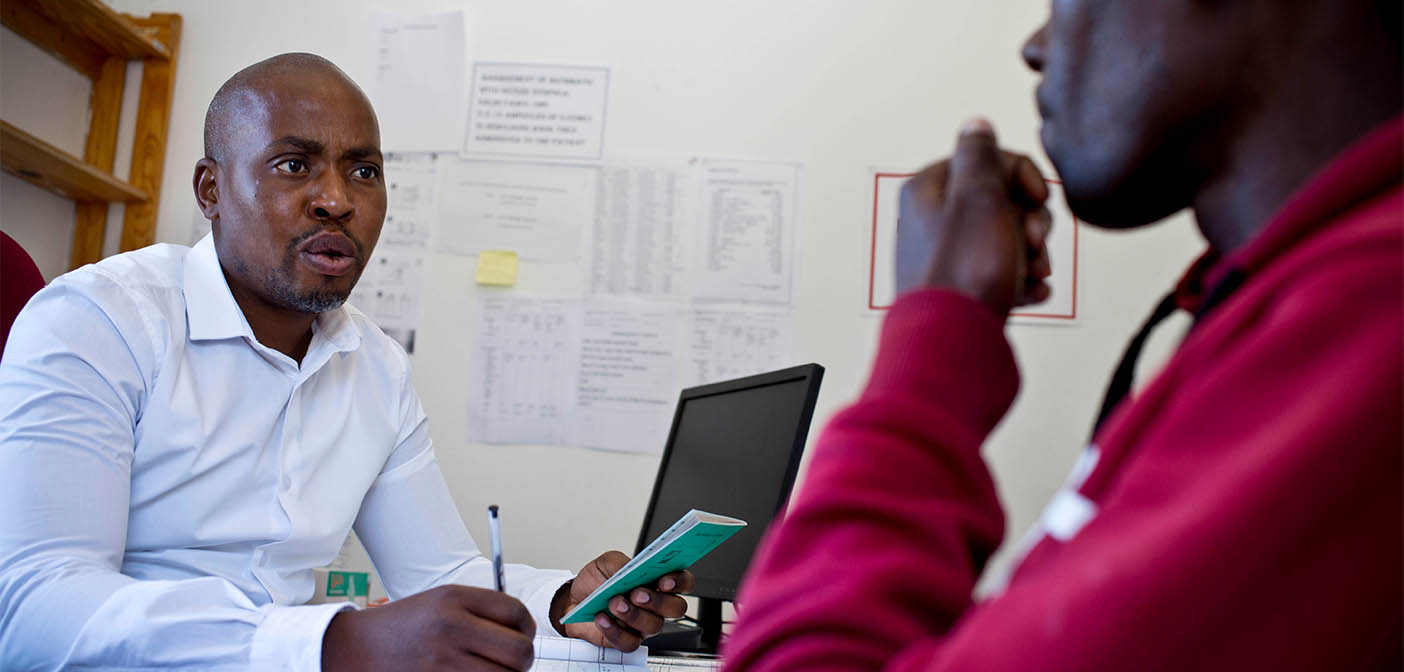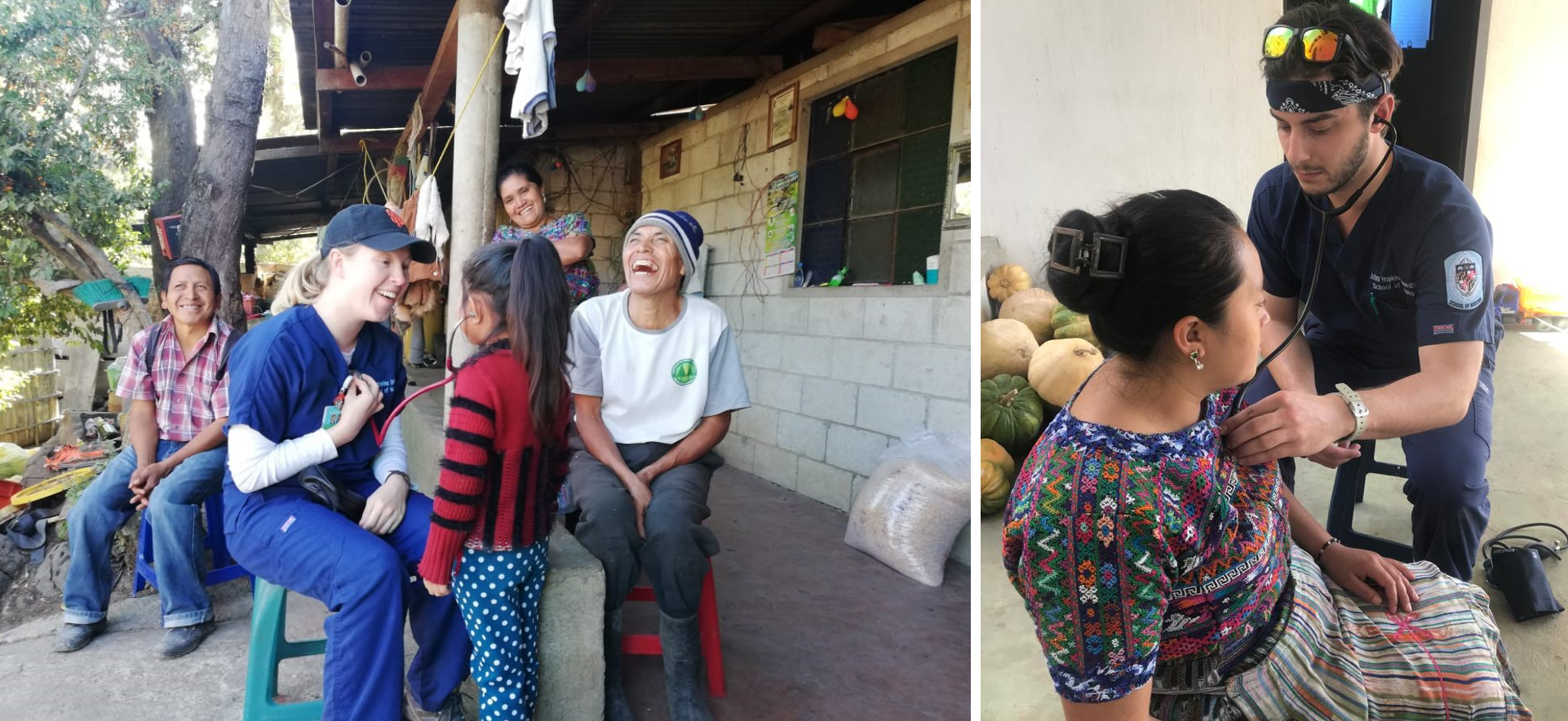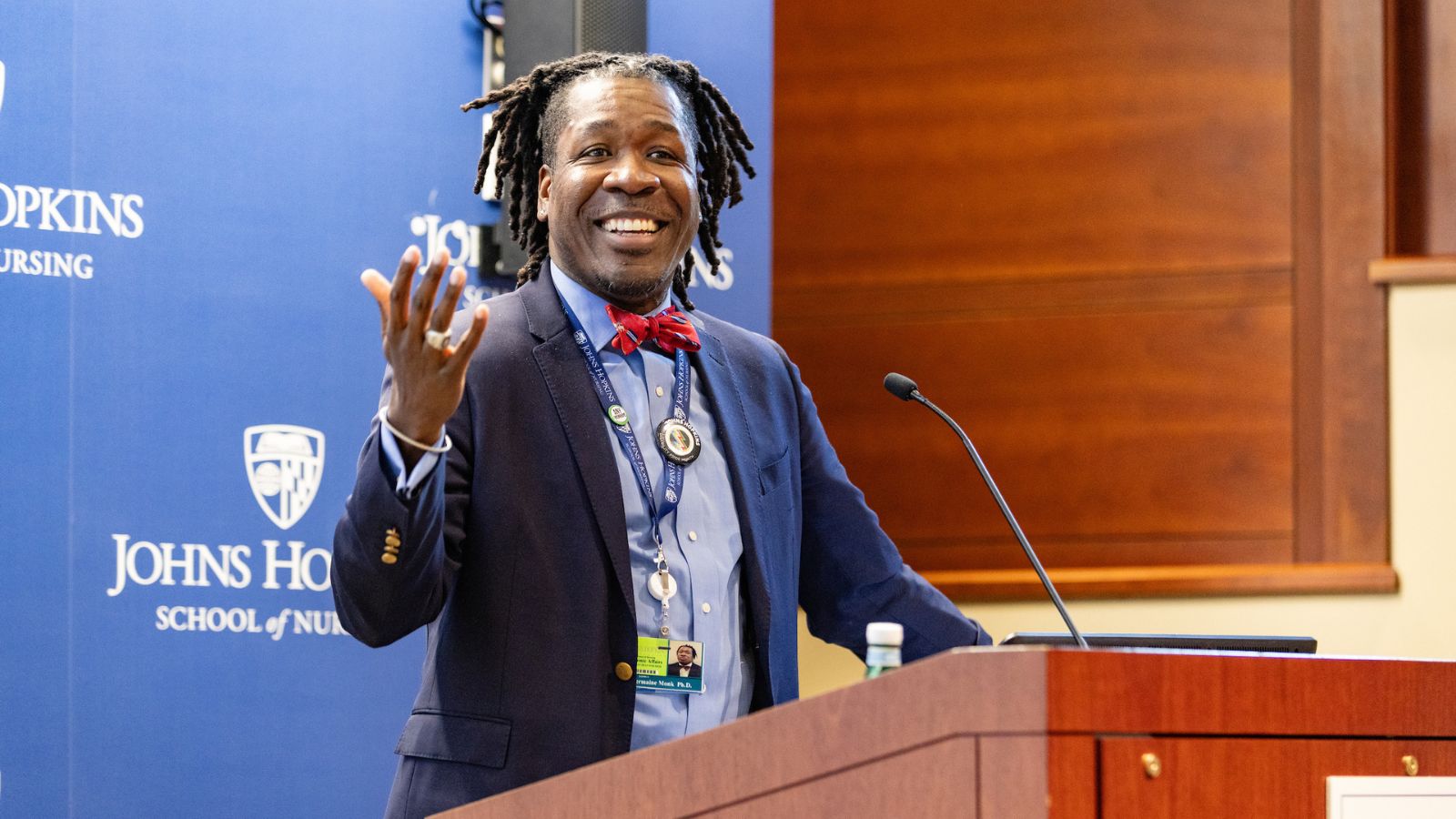Story by Jhpiego. Photo by Kate Holt.
Men in Lesotho “are very secretive and don’t talk about anything to do with sexual health”
The first nurse-led, all-male health clinic in the country takes its name, Khotla, from a phrase that translates loosely to “a gathering place for men.” Jhpiego founded the clinic two years ago to meet the health needs of men, an often-overlooked group with the potential to change the course of the HIV crisis in this landlocked kingdom in southern Africa.
“Men are very reluctant to come for HIV screening and only come when they are very sick. Sometimes it is too late.”
“Men here are very secretive and don’t talk about anything to do with sexual health,” says Tsotleho Maramane, a nurse at the Khotla clinic in Maseru District, which is exclusively staffed by men. With 80 percent of health care providers in the country being female, “men are very reluctant to come for HIV screening and only come when they are very sick. Sometimes it is too late.”
With around 1 in 6 people living with the disease, Lesotho has one of the highest HIV rates in the world. The country is taking steps to change this sobering statistic. According to the recently released Lesotho Population-Based HIV Impact Assessment report,
an estimated 84 percent of women living with HIV were diagnosed, compared to 76.6 percent of infected men diagnosed. “We see people with HIV living not as patients, just living with the virus,” Tsotleho says.
The Khotla clinic has extended and flexible hours, as well as evening hours. These are just some of the ways that this facility caters to the particular needs of men. The clinic offers comprehensive, client-centered care, including male circumcision, pre-exposure prophylaxis, antiretrovirals, and HIV testing, as well as management of chronic conditions, TB, and other sexual and reproductive health services.
Maseru is among the five priority districts providing voluntary medical male circumcision services, a key HIV prevention strategy. Lesotho’s Ministry of Health has replicated Khotla—which had over 26,775 patient visits from July 2016 to October 2018—at another site and has interest in establishing additional locations in the country to reach even more men.
The clinic has also formed community advocacy groups to ensure timely refills of medications for those living with HIV. Within a group of six patients, each person takes a turn picking up the refills every six months and dispenses the HIV medication to the others.
“I’m dreaming of an AIDS-free nation, which we can reach if we work more [and] we will see a healthy nation in the future.”
Tsotleho is convinced that all-male clinics play an important role in combatting Lesotho’s HIV epidemic and portend a healthier future for all. “I’m dreaming of an AIDS-free nation, which we can reach if we work more [and] we will see a healthy nation in the future.”
Kate Holt contributed to this article.

 Forging Policy: How Can Doulas Improve Black Maternal Health?
Forging Policy: How Can Doulas Improve Black Maternal Health? Guatemala Re-visited: Rainwater Project Shows Value of Service-learning Trips
Guatemala Re-visited: Rainwater Project Shows Value of Service-learning Trips Forging Policy: Associate Dean Jermaine Monk and Education After Affirmative Action
Forging Policy: Associate Dean Jermaine Monk and Education After Affirmative Action Most People Want to Breastfeed, But Need More Support To Do So
Most People Want to Breastfeed, But Need More Support To Do So Awards for Diversity
Awards for Diversity






